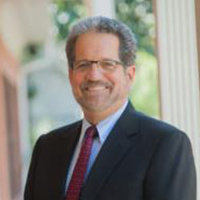Tallahassee RICO Act Lawyer, Florida
Sponsored Law Firm
-
 x
x

Click For More Info:
-
Joseph A. Gasparro, PA
813 Jackson Rd Jacksonville, FL 32225» view mapCriminal Defense Law Serving the Best Interests Of Our Clients
When you need accurate representation for criminal defense issues, Joseph Gasparro is there for you.
800-971-8621
Not enough matches for Tallahassee RICO Act lawyer.
Below are all Tallahassee Criminal lawyers.
Dean Robert LeBoeuf
✓ VERIFIEDDean R. LeBoeuf is the managing partner at Brooks, LeBoeuf, Foster, Gwartney, Leace & Hobbs, P.A. He focuses his practice on complicated civil litigat... (more)
Adrian Middleton
✓ VERIFIEDAdrian S. Middleton is an Associate in Middleton & Middleton’s Insurance and Administrative Law Divisions, where he focuses his practice on workers�... (more)
Christopher John Karpinski
✓ VERIFIEDChristopher practices law in Tallahassee and the surrounding areas.
Kathryn A. Hathaway
Zachary Michael Ward
FREE CONSULTATION
CONTACT Joseph Gasparro Jacksonville, FL
Joseph Gasparro Jacksonville, FL AboutJoseph A. Gasparro, PA
AboutJoseph A. Gasparro, PA Practice AreasExpertise
Practice AreasExpertise



